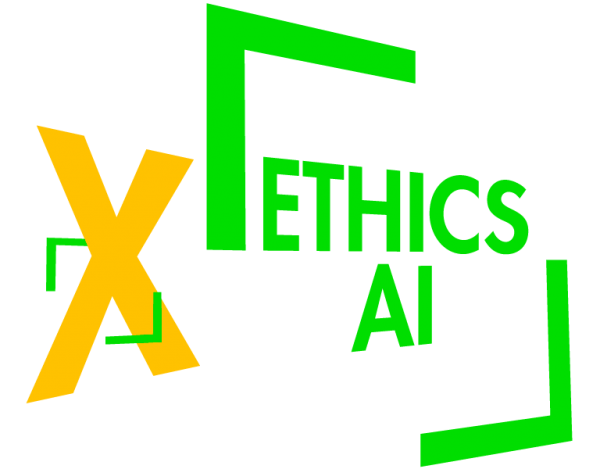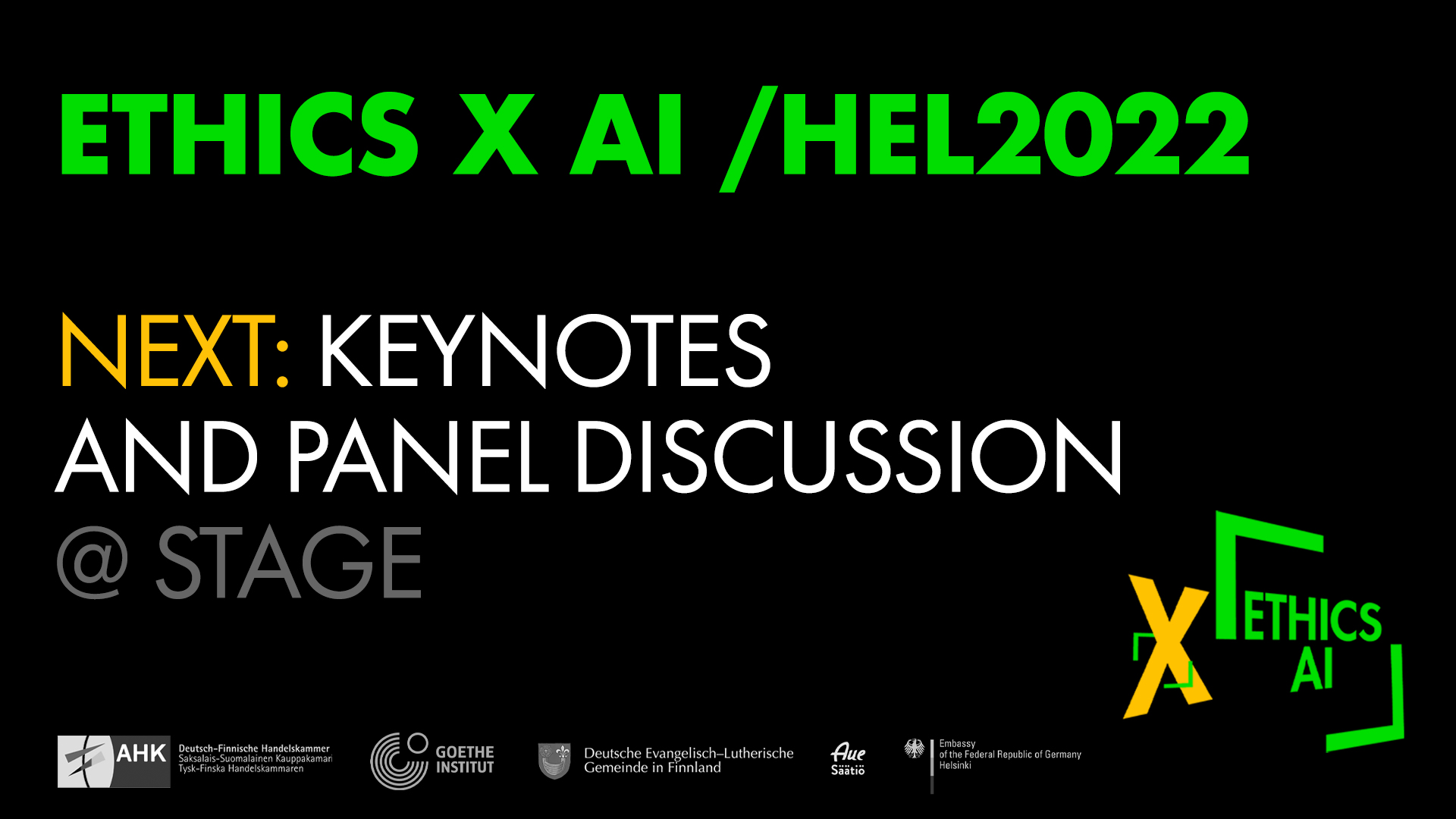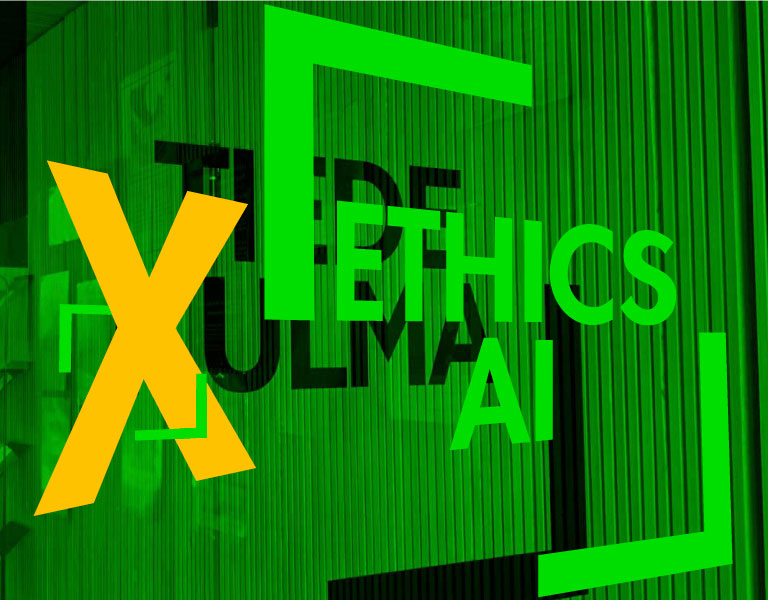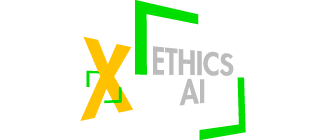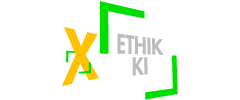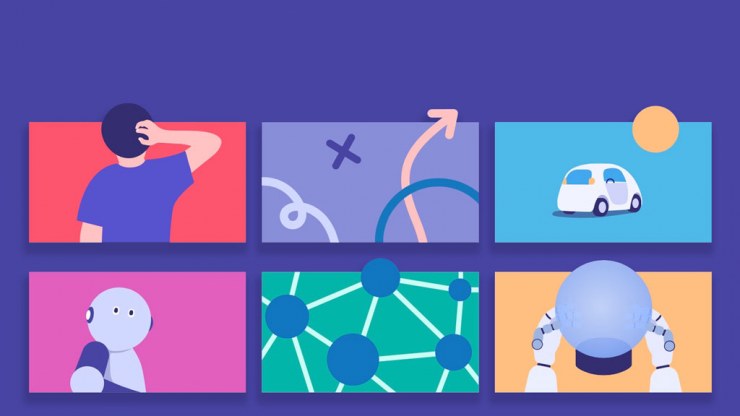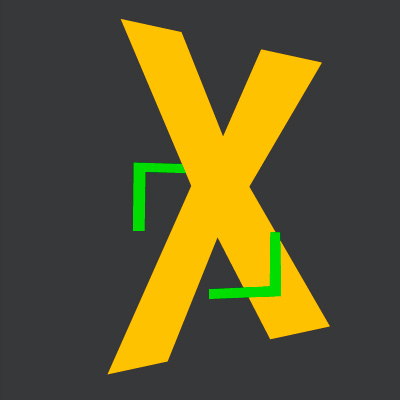How to ethically behave in a connected, artificially intelligent world… from a radio summer series, 'The Spark Guide to Life—navigating our connective world, Episode Five: Ethics' on CBC Radio, published 26.7.2019; a link to listen to the full audio and more from this episode:
Why it’s wrong to take pictures of strangers
You see it all the time on social media. Someone sees another person doing something stupid or looking ridiculous. They take a discreet photo and post the stranger’s image to their feed, usually to the amusement and occasional mockery of their followers. With the ubiquity of smartphone cameras, you can do this, but should you? Lauren Cagle argues “surveilling strangers” amounts to policing people’s behaviour and limiting our own ability to explore our identity.
Restaurants need to meet set standards, why not tech platforms?
Following Facebook’s most recent data breach, many have suggested that tech giants like social media platforms should be regulated as ‘information fiduciaries’ and act in the best interests of their users. Jonathan Zittrain, Director of the Berkman Klein Center for Internet and Society at Harvard University, discusses what that would look like for platforms like Facebook.
Why Computer Science Students Need Mandatory Ethics
Shannon Vallor teaches ethics and emerging technology at Santa Clara University. Her classes typically have lots of computer science and engineering students in them, and it may be the only real ethical training they get. These days, they are clamouring for more ethics education.
Why Canadian universities need to teach computer science ethics
By and large, computer science programs in Canada don’t require students to take ethics courses. As we hurtle into an era of artificial intelligence, Catherine Stinson argues we need to make ethics mandatory in university.
Neural networks that power AI systems largely came from Canada
Canada has become a centre for AI research thanks work being done here on neural networks, which use some of the ideas from neuroscience to help computers learn. One of the researchers behind these systems is Universite de Montreal professor, Yoshua Bengio. In a sit down with Spark host Nora Young, Bengio explains how the research developed, where it is going, and some of the dangers AI could pose.
More from this series:
Further links
Listen to the full episode…
The Spark Guide to Life, Episode Five: Ethics; CBC Radio, audio length 53:59. Image caption: How to ethically navigate a digital world. (Adam Killick).
⟶ Link to CBC Radio web site.
